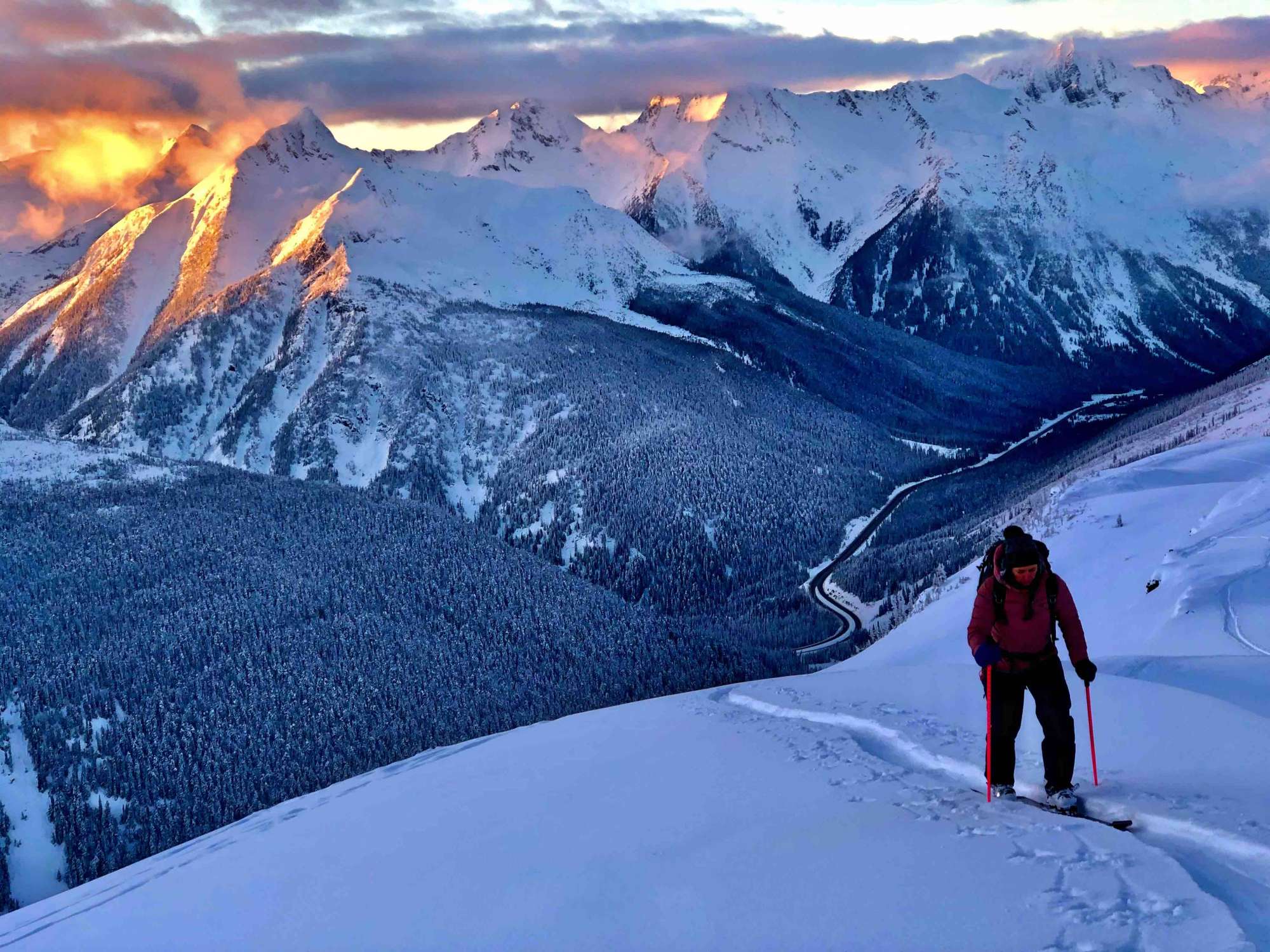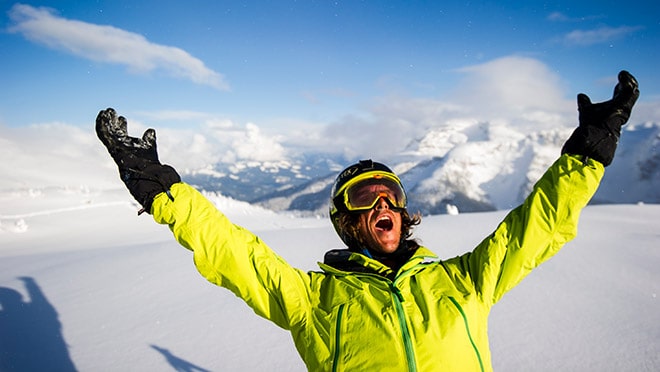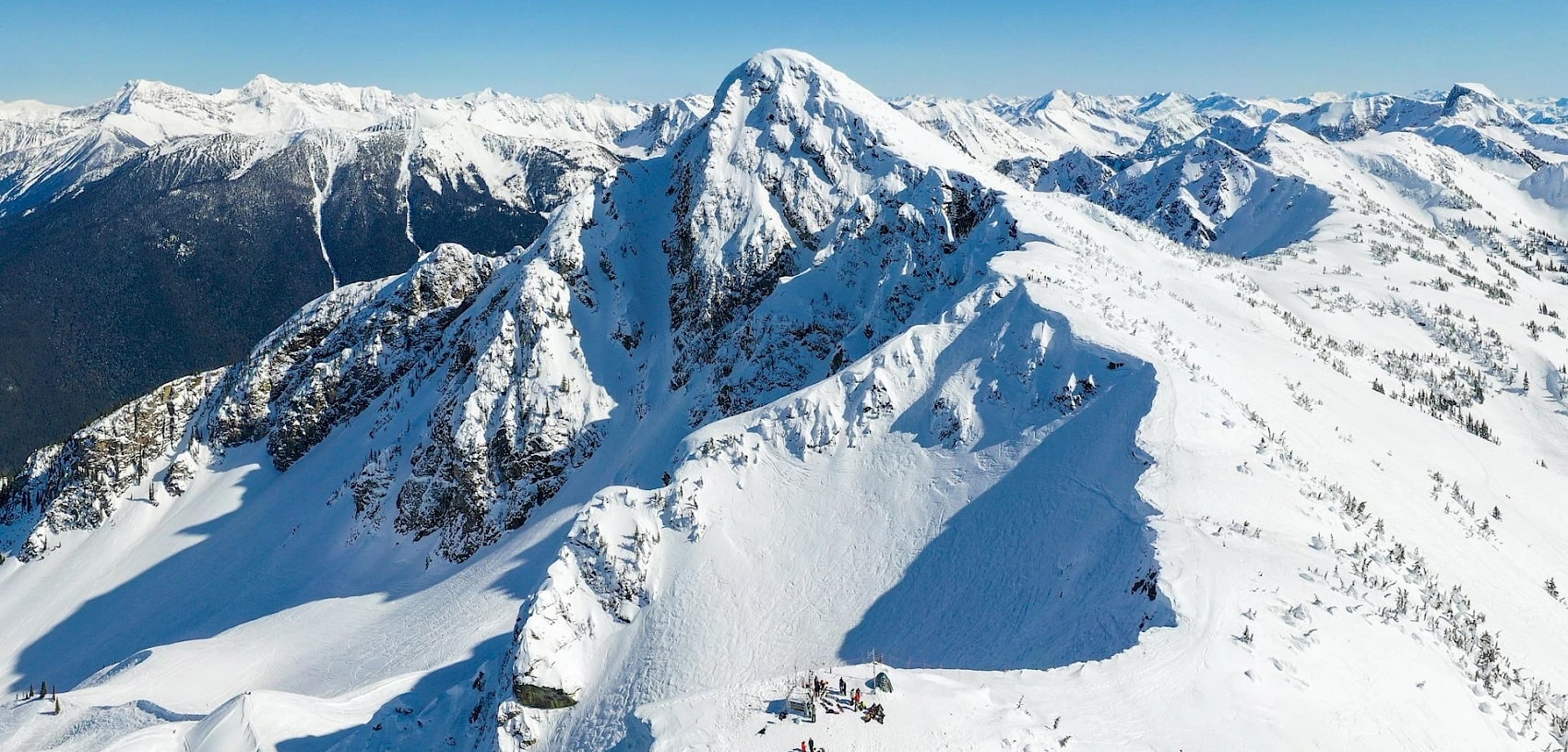
As a professional skier, you fly across the globe to ski the world’s best terrain, create ski films and marketing campaigns, or participate in races and events. Even as a ski tourist, more often than not, you find yourself on an airplane flying to your destination. However, the CO2 emissions from flying are not always widely considered or even known. On average, every passenger is linked to emitting 50-100kg of CO2 per hour of flight. Greg Hill, a professional skier who has set world records like climbing and skiing over two million feet in less than a year and 50,000 feet in 24 hours, recognized the connection between ski travel and CO2-related emissions and decided to create a “green ski-cation.”
Hill analyzed his own carbon footprint from traveling around the world for ski trips, driving hours in his F350 truck to ski destinations, and snowmobiling as well. From his analysis, he noticed a discrepancy between the rewards he gained from forest bathing and the transportation methods he used to get himself to reap those benefits. Hill created the concept of a green ski-cation where he can help those who love skiing examine their carbon footprint and learn how to cut back emissions across all aspects of their life.

This four-day trip includes a pre-trip carbon footprint calculation, four days of skiing including the option to ski at Revelstoke Mountain Resort since all the lifts and gondolas are electrically powered, and a final analysis on their carbon footprint and how they can make changes back home. Electric cars are rented to take all guests to the trailheads. Hill’s goal is to have guests be aware of their carbon footprint and open the door for conversation on ways they can change their carbon footprint back at home (with cars or electricity source for example).
To Hill, the best way to become a steward for nature is to experience it first. He thinks that ski towns such as Revelstoke should be pushing sustainability more because tourists often go to these towns to experience nature. And as more tourists flock to mountain towns, they will be able to learn things they can take home and improve their footprints at home.
